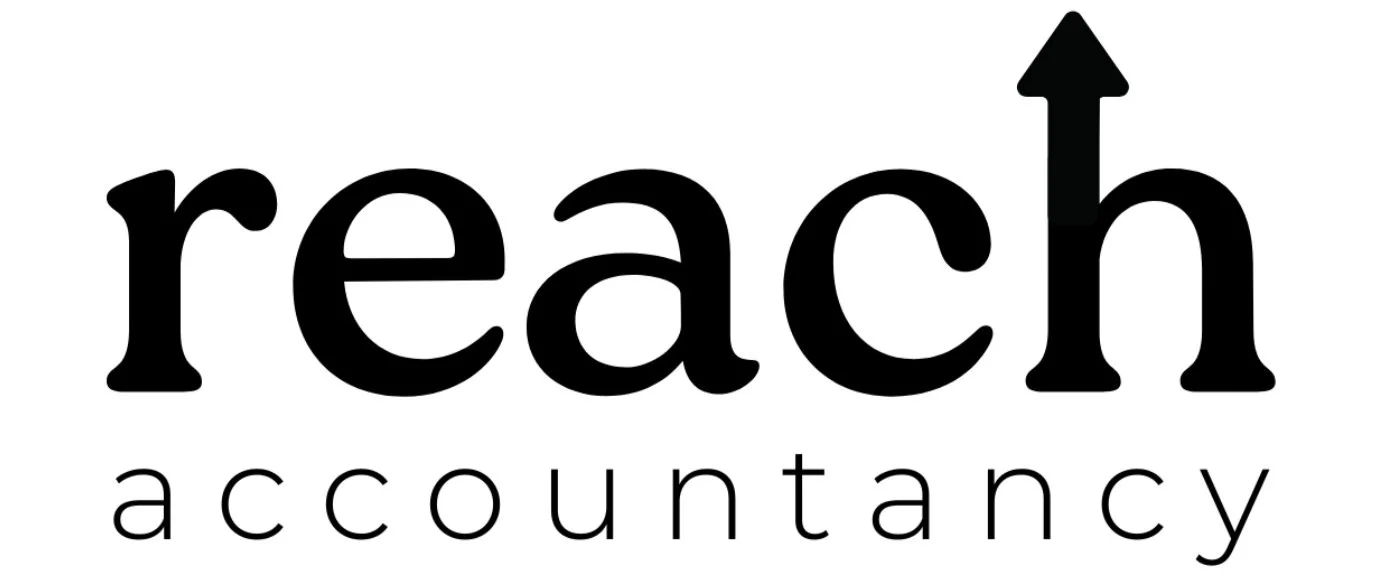Big Changes Coming to Companies House in April 2027: What You Need to Know
From April 2027, Companies House will introduce some of the most significant changes to company filings and reporting in decades. These reforms are part of the government's wider plan to improve corporate transparency, reduce fraud, and modernise the UK’s company register.
As your trusted accountants, we’re here to break down the key changes and help you stay prepared well in advance.
Why the Changes?
The changes stem from the Economic Crime and Corporate Transparency Act, which became law in 2023. The aim is to make it harder for criminals to misuse UK companies and partnerships for fraud or money laundering, and to increase the reliability of the information held by Companies House.
The key changes from April 2027 are:
1. Mandatory Digital Filing
All annual accounts will need to be filed digitally and using commercial software. Companies will no longer be able to use paper filing, and won’t be able to file online through the Companies House website.
What this means for you:
If you’re still filing your accounts directly through the Companies House website then it’s time to start preparing to file your accounts through commercial software. Most accountancy software providers will support the new format well in advance of the deadline.
2. More Detail in Micro-Entity and Small Company Accounts
Companies that currently file ‘filleted’ or highly abbreviated accounts will no longer be able to withhold the profit and loss account from Companies House.
Key change:
• The profit and loss account (P&L) must be filed, even for micro-entities.
• Small companies may also need to include a directors’ report, depending on their size and status.
What this means for you:
Previously private financial details will now be visible on the public register. If you're a director or owner of a small company, you’ll need to consider how this change affects your privacy and competitors’ access to your data.
3. Company Law Compliance Statements
Companies will need to confirm they have complied with the relevant parts of the Companies Act when preparing and filing their accounts — for example, that they meet the size criteria for small or micro-entity status.
What this means for you:
This places more responsibility on directors to ensure compliance and could increase the risk of penalties for inaccurate or misleading filings.
How We Can Help
We’ll be helping all of our clients transition smoothly ahead of the 2027 deadline.
We can:
• Prepare your accounts and submit them through our commercial software;
• Review your company size status and eligibility;
• Ensure your financial statements meet the new disclosure requirements;
• Advise on any reputational or competitive implications of making your P&L public.
Start Preparing Now
April 2027 might seem a long way off, but for many businesses, especially those who’ve been used to more limited filings, these changes represent a big shift. Starting early means less disruption later.
If you’d like to talk about how these changes might affect your business, please get in touch. We’re here to support you every step of the way.
Disclaimer: This article is for general information purposes only and reflects the law and guidance at the time of writing. It does not constitute professional advice. Please consult a qualified advisor before making financial or tax-related decisions.

